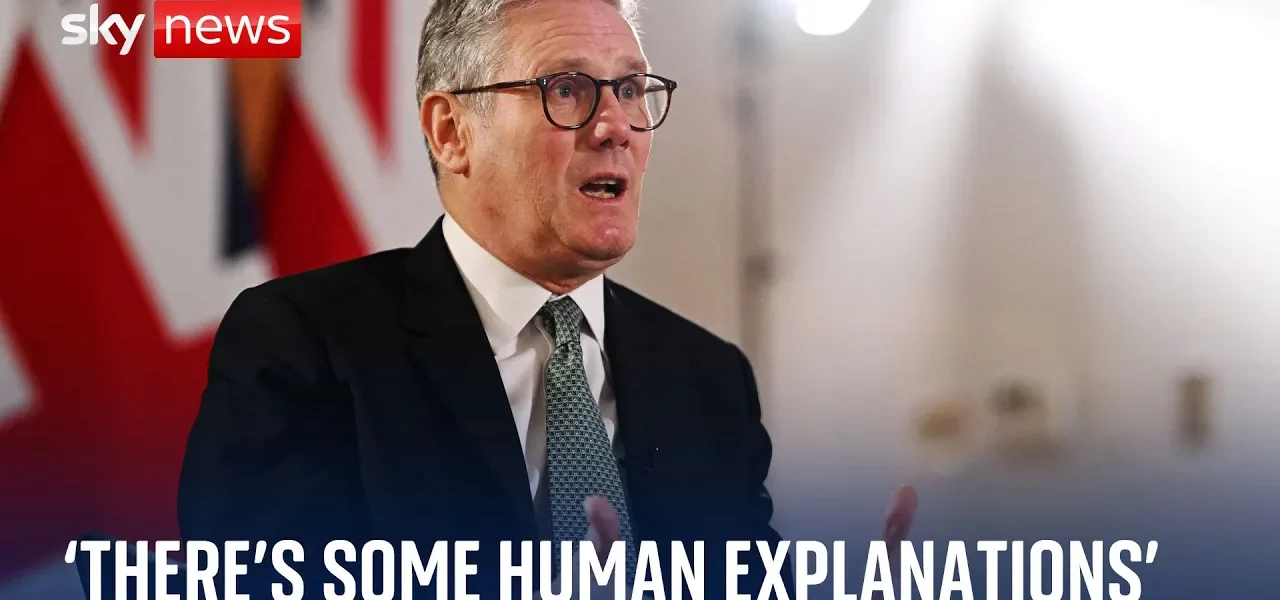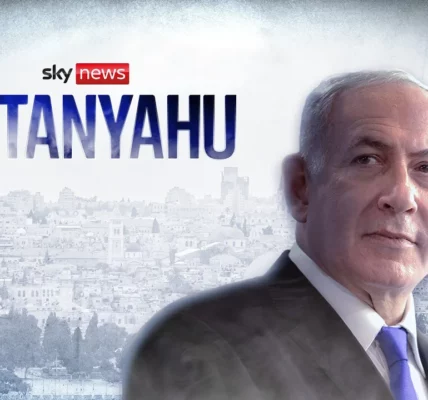The Prime Minister in New York: A Focus on Domestic Issues

This article explores the Prime Minister’s recent statements during his visit to New York, highlighting the challenges he faces regarding domestic issues, political donations, and the responses from both the public and his party. We delve into the implications of his leadership and the political landscape in the UK today.
Introduction
The Prime Minister’s recent engagement in New York has sparked extensive discussions about his domestic performance and the controversies surrounding political donations. Despite campaigning on a message of change, he finds himself embroiled in debates over the nature and scale of the gifts he has accepted as a leader. This article will unpack these critical issues, providing context and analysis on how they shape public perception and his political future.
The Context of Political Donations
Political donations play a significant role in shaping the landscape of governance and public trust. The Prime Minister has faced scrutiny for accepting substantial donations, totaling £107,000, which raises questions about transparency and integrity.
Understanding the Donations
While the Prime Minister insists that all donations have been declared, the public’s reaction suggests a growing concern about the ethics of such financial support. Key points include:
- Acceptance of funds during the election period.
- Concerns about the implications of these donations on political decisions.
- The necessity of transparency in political financing.
Human Element Behind the Donations
In defense of the donations received, the Prime Minister explained that some funds were used for the temporary rental of a flat during his son’s examination period. This explanation underscores the personal challenges faced during a politically charged environment:
- His son was taking GCSEs amidst a media frenzy.
- The decision to secure a quiet space for studying was made to prioritize his child’s education.
- The Prime Minister emphasizes that no financial transactions took place beyond the arrangement for the flat.
Public Perception and Political Accountability
The Prime Minister’s situation highlights the broader issue of public perception regarding political accountability. His remarks about a “shared struggle” resonate but also invite criticism about privilege and access.
Criticism of Political Privilege
Many citizens feel that there exists a double standard in political accountability:
- Claims of exclusivity in accessing resources not available to the general public.
- Concerns over a disconnect between political leaders and the everyday experiences of citizens.
- Calls for reforms to ensure equal treatment in political financing and support.
Responses to Public Concerns
In response to criticisms, the Prime Minister has stated that he understands public concerns but believes that the rules around political donations are sufficient. He has made a personal commitment not to accept clothing donations, a decision that reflects a shift in his approach to political ethics as he transitions from opposition to governance.
Labor Party Dynamics and Internal Struggles
The Prime Minister’s first conference as a leader has not been without its challenges. Internal dissent within the Labor Party regarding policies, such as cuts to winter fuel payments, reflects a broader discontent that could affect his leadership.
Rebellion Among Labor Activists
The backlash from party activists signals a possible fracture within the party:
- Protests against cuts to essential support programs.
- Calls for a reevaluation of policies that affect vulnerable populations.
- Public opinion suggesting a need for more responsive governance.
Economic Challenges and Policy Responses
The Prime Minister attributes the need for austerity measures to a significant economic shortfall:
- A £22 billion black hole in the budget.
- Commitment to stabilizing the economy to benefit pensioners through the triple lock system.
- Efforts to ensure that vulnerable groups, such as pensioners, receive adequate support.
Conclusion
The Prime Minister’s visit to New York has brought to light critical issues affecting his premiership, including the ethics of political donations, public perception of privilege, and internal party dynamics. As he navigates these challenges, it is clear that the political landscape remains fraught with tension and potential for change. The commitment to stabilizing the economy and addressing public concerns will be pivotal for his leadership moving forward.
For further insights into UK politics and the implications of leadership decisions, explore our related articles on political accountability and economic policy.
“`




